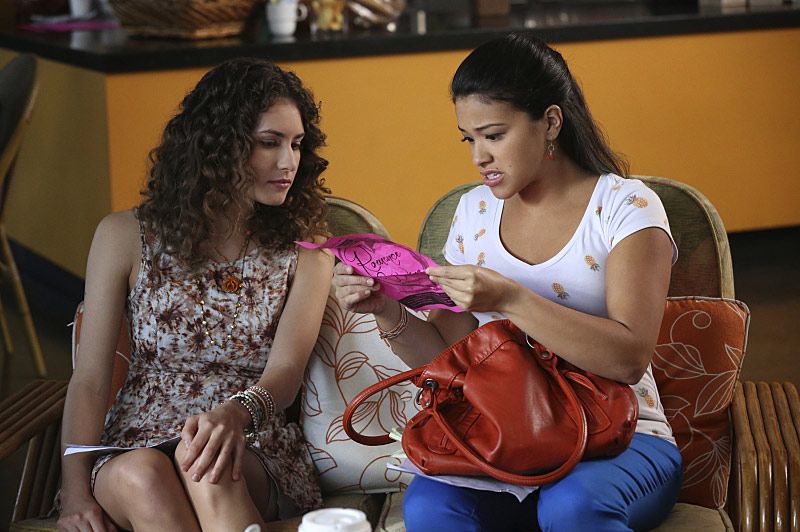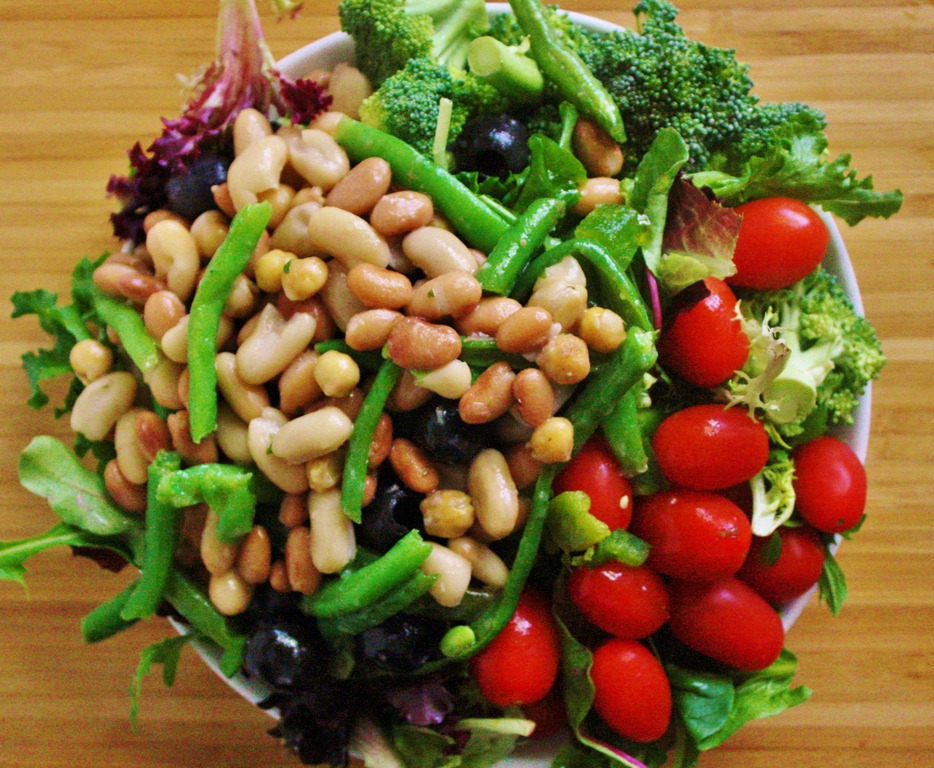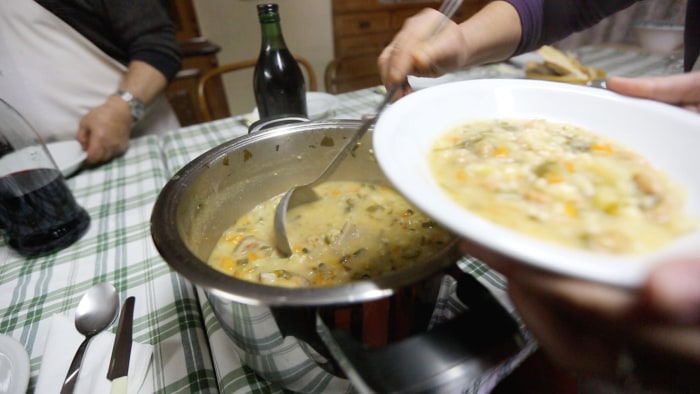Jane the Virgin, "Chapter 16"
Jane, our heroine, an aspiring romance writer, is currently blocked. She believes this caused by her worrying about her boyfriend, Rafael, who has been distant as of late. In an attempt to unblock, she attends a writer's workshop under the auspices of one of her favorite authoresses. However, she failed to read the back of the flyer, which stipulates that when feedback is asked for, it should be in the form of "compliment cards," not critiques.
She (like me) is a product of college writing courses, and scribbled down her feelings for Wendy's work accordingly. She realizes her mistake only as Wendy haltingly informs the group that her nervousness held her back from sharing her work for over a year.
Amanda: Before we dive into our gentle discussion, why don't we shore you up with some more compliments?
Jane is shvitzing, and makes a grab at the pile of cards, desperate to get her own back. But (as is to be expected on television), hers is extracted and read aloud by Wendy.
Wendy: "Good dialogue, but I wasn't rooting for for the couple. It's clear there's no real love there. They seem like they would be better off without each other."
Wendy bursts into tears.
Jane is desperately explaining her college training as Amanda shoos her out from the group.
Amanda: Perhaps you'd be more comfortable in that kind of a cutthroat environment. We are builder-uppers, not tearer-downers.
Jane manages to salvage her place in the group by complimenting Amanda's books, then spends her evening writing up positive feedback for Wendy's work. She offers it to her the next day, but Wendy says that it's not necessary, because she wasn't crying about what Jane said about her writing; she wept because of what Jane said about her marriage. The couple in her story was Wendy and her husband, and Jane had said there is no real love, they would be better of without each other. And maybe they are.
The group, being of the romantic kind, vote for "grand gesture" to bring the love back (she succeeds). But anyway:
Amanda asks Jane if she would share her work next time, and Jane sheepishly admits her writer's block.
Amanda: The problem isn't always where you think it is. It's often further back.
Jane and Rafael are scheduled to meet for lunch, and he shows up late, claiming he sent a text which Jane didn't receive, then says that he can't stay, that he has a work issue.
Jane: Aw, come on, that's not all it is. You've been . . . distracted and distant.
Rafael: I'm busy, Jane. This is life. It's not all flowers and fantasy.
Jane: I know that.
Rafael: Do you?
Jane: That's not fair.
Rafael: I don't know what you want from me.
Jane: I want for you to be present.
Rafael: I asked you to marry me. How much more present could I have been?
I should interject here that after they had been dating for about two minutes, Rafael proposed grandly and romantically, with Jane saying not a definite no, but a not right now, that it was too soon. Ever since then he had been nursing his hurt and anger at rejection by pulling away. Jane knew the problem went further back.
Jane: I understand that you're hurt and you're mad—
Rafael: I'm allowed to be!
Jane: And so am I! Because you asked too early. Things were great! We were moving forward! Then you got this idea into your head to propose! This is not my fault. You were impulsive. If you has stopped to ask someone, anyone who knows me, you wouldn't have asked. And I wouldn't have had to say no, and we wouldn't be here. So stop, please, stop putting this all on me.
Rafael, chastened, remains silent as Jane gets up to leave.
Narrator: And in that moment, Jane felt unblocked, as it were.
She trots off to fetch her laptop.
Rafael then encounters his business partner/ex-wife (it's a telenovela, after all) and he asks her if he proposed too soon with her, after five months. She admits it was quite quick, but she understood his need for a family.
Rafael seeks out the frantically typing Jane, and says that going back, his proposals have been rooted in that.
Rafael: I did propose too soon. And it's like what you said, about going back? For me, it was all about family, and how badly I wanted a family. And so I tried to rush it, and I tried to lock it down so you wouldn't leave.
Jane: I'm not gonna leave. That's the point. I'm here. We don't have to rush.
The reasons why this episode resonated with me:
1) Writing is art. If anyone has ever been to MOMA (voluntarily) there is no "right" way to do art. I believe the same way with writing. I can have my opinion, I can not like certain authors the same way I don't get certain "artwork," but there is no right or wrong. Ergo, why do colleges insist on critique? What would that achieve? Just because some arbitrary person doesn't like what I write means I have to overhaul everything I am? "Gentle discussion," all the way!
2) Writers should write what they know. That's what makes stories compelling, in my view. Sure, Harry Potter is an insanely absorbing fantasy series, but it's more about the relationships that us Muggles also experience. And by doing so that we can mend any rifts in our own lives, by distancing ourselves and viewing it from another perspective.
3) Often, in my interactions with people, I try not to focus only on the surface. If someone is upset about something, I try to think beyond my own feelings at this moment. Not "How could she say that to me? Is it really true?" but rather "What's going on in her own life that she would behave like this?" Jane thought she was losing her connection to Rafael, when pinkt fakert, he was trying too hard to seal their bond.
4) Romance sucks.





















